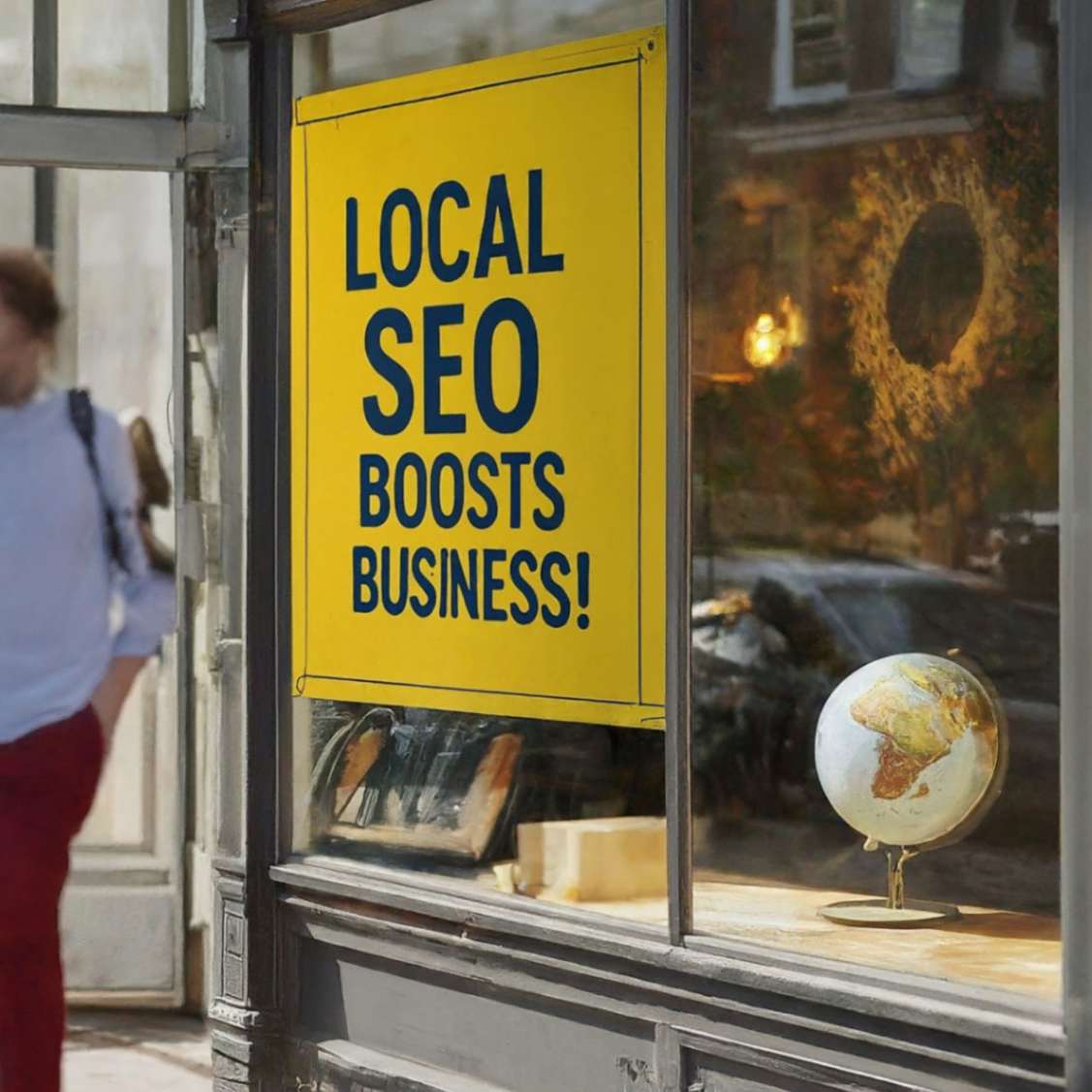Why Local SEO is Crucial for Small Businesses
Local SEO is important for small businesses because it helps them show up in local search results and compete with bigger companies. By focusing on local searches, small businesses can attract nearby customers looking for their products or services. This targeted method makes it more likely that people will choose them. Local SEO involves claiming and optimizing Google My Business listings, getting good reviews, and using local keywords. These tactics help small businesses stand out, improve their online presence, and bring more customers to their stores.
Top Benefits of Local SEO for Your Business
Local SEO has many benefits for businesses, such as better visibility, more website traffic, and improved customer engagement. By optimizing for local search, businesses can appear in local search results, reaching nearby customers. Keep your details consistent on Yelp and Yellow Pages. Encourage happy customers to leave positive reviews on Google and other sites. Write about local events, news, and community topics using words people often search for. Use tags and data that are specific to your area to show up better in search engines. Keep an eye on reviews and respond quickly to maintain a positive image and connect well with local customers.
How to Optimize Your Website for Local Search
To boost local search rankings, first use location-specific keywords in your website content, URLs, and meta tags. Make sure your website works well on mobile and loads fast. Off-site, list your business in local directories, update your Google My Business with correct info and nice photos, and ask happy customers for good reviews. Get links from other local websites and get involved in local events or sponsorships. Keep track of how you’re doing in local searches using tools and adjust your approach to reach more local customers effectively.
Local SEO vs. Traditional SEO: What’s the Difference?
Local SEO helps businesses get noticed by people nearby, like in a city or region. It uses local words, directories, and Google My Business to show up in local searches. Traditional SEO aims at bigger audiences without focusing on location. Local SEO is about being close to customers and using local listings, reviews, and community activities. It’s vital for businesses with physical stores or those serving specific local areas, to make sure they appear when local people search for what they offer.
The Role of Google My Business in Local SEO
Google My Business (GMB) is really important for local SEO because it affects how your business shows up in Google’s local search results and maps. When you claim and improve your GMB profile with correct details, photos, and reviews, it helps local customers find you more easily when they’re searching nearby for what you offer. GMB lets you manage your online presence, connect with customers through reviews and messages, and see how people discover and engage with your listings. Updating posts regularly, adding new photos, and responding to reviews can greatly boost your local SEO, bringing in more customers and inquiries both online and in-person.
How Local SEO Can Drive More Foot Traffic to Your Store
Local SEO is really important for businesses with physical locations because it helps more nearby customers find them online. When businesses optimize for local search, they show up higher in search results when people in the area search for their products or services. This visibility can attract more foot traffic to their stores or offices because people are more likely to visit a nearby business they find online. By using local SEO strategies like Google My Business and local keywords, businesses can increase their visibility to local customers and drive more people to their physical locations.
Understanding the Key Elements of Local Search Optimization
Local SEO involves key components like citations, reviews, and local keywords. Citations are mentions of a business’s name, address, and phone number (NAP) on other websites, helping establish credibility and authority. Reviews from customers on platforms like Google My Business influence local SEO by building trust and credibility with potential customers. Local keywords are terms people use when searching for businesses in their area, such as “best coffee shop in Dubai,” optimizing a business’s website content with these keywords helps it appear in local search results. These components work together to enhance a business’s online visibility and attract more local customers.
The Future of Local SEO: Trends to Watch in 2024
Upcoming trends in local search optimization emphasize enhanced user experience and deeper integration with AI and voice search technologies. Businesses can stay ahead by focusing on mobile optimization, ensuring their websites are fast and user-friendly on smartphones. Leveraging AI for personalized local recommendations and optimizing content for voice search queries will also be crucial. Additionally, prioritizing local business listings, customer reviews, and engagement on platforms like Google My Business will help maintain visibility. Staying adaptable to algorithm updates and consistently updating local content with relevant keywords and location-specific information will further solidify a competitive edge in local SEO.
Common Local SEO Mistakes and How to Avoid Them
Businesses often struggle with local SEO due to inconsistent information online, lack of customer reviews, and websites that aren’t mobile-friendly. To improve, ensure your business details (like name, address, and phone number) are the same across all sites. Encourage happy customers to leave reviews to build trust. Make sure your website works well on phones since many people search on mobile. Keep your Google My Business updated with accurate info and interesting posts to boost visibility. By avoiding these mistakes and actively managing your online presence, you’ll improve your local search ranking and attract more local customers.





